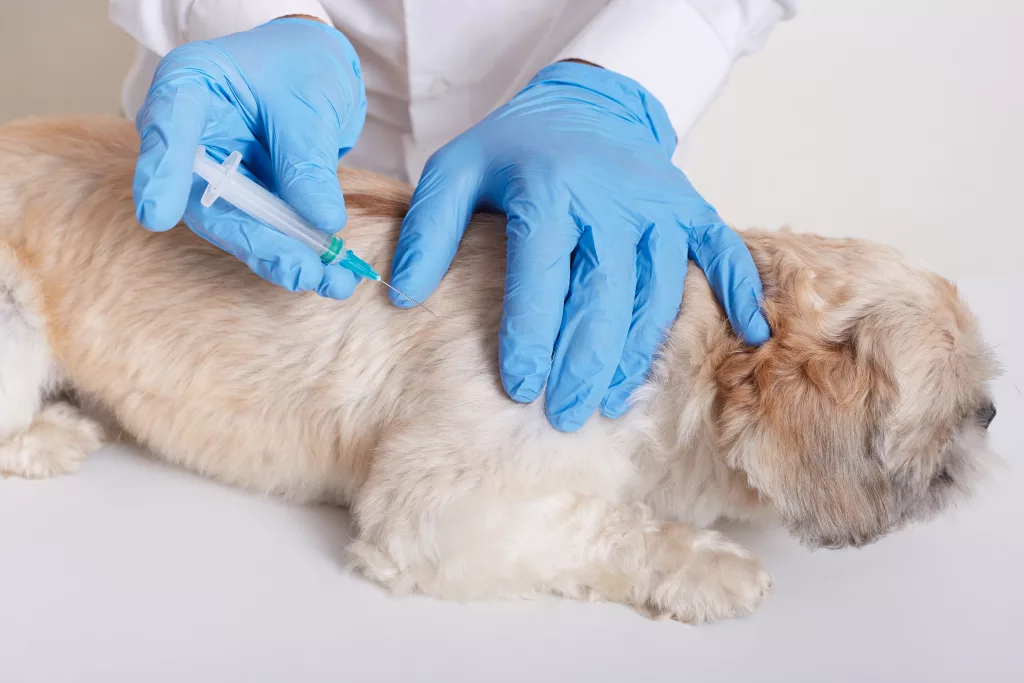Myth #1: "Vaccines Are Not Necessary for My Healthy Pet"
Fact: Vaccines are essential even for seemingly healthy pets. They provide immunity against potentially life-threatening diseases and protect your pet's health. Preventive vaccinations are far more manageable than treating diseases after they occur.
Myth #2: "Vaccines Can Overwhelm a Pet's Immune System"
Fact: A pet's immune system can handle the antigens introduced through vaccines. In fact, pets encounter countless antigens daily, such as those from food and the environment. Vaccines are a tiny fraction of what a pet's immune system encounters regularly.
Myth #3: "Vaccines Cause Autism in Pets"
Fact: There is no scientific evidence to support a link between vaccines and autism in pets. This myth likely stems from similar unfounded claims in human medicine. Rest assured, vaccines are safe for your pet's neurological health.





